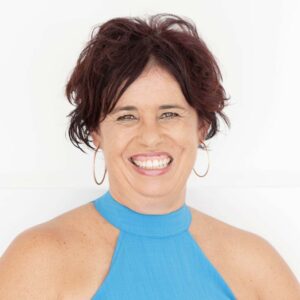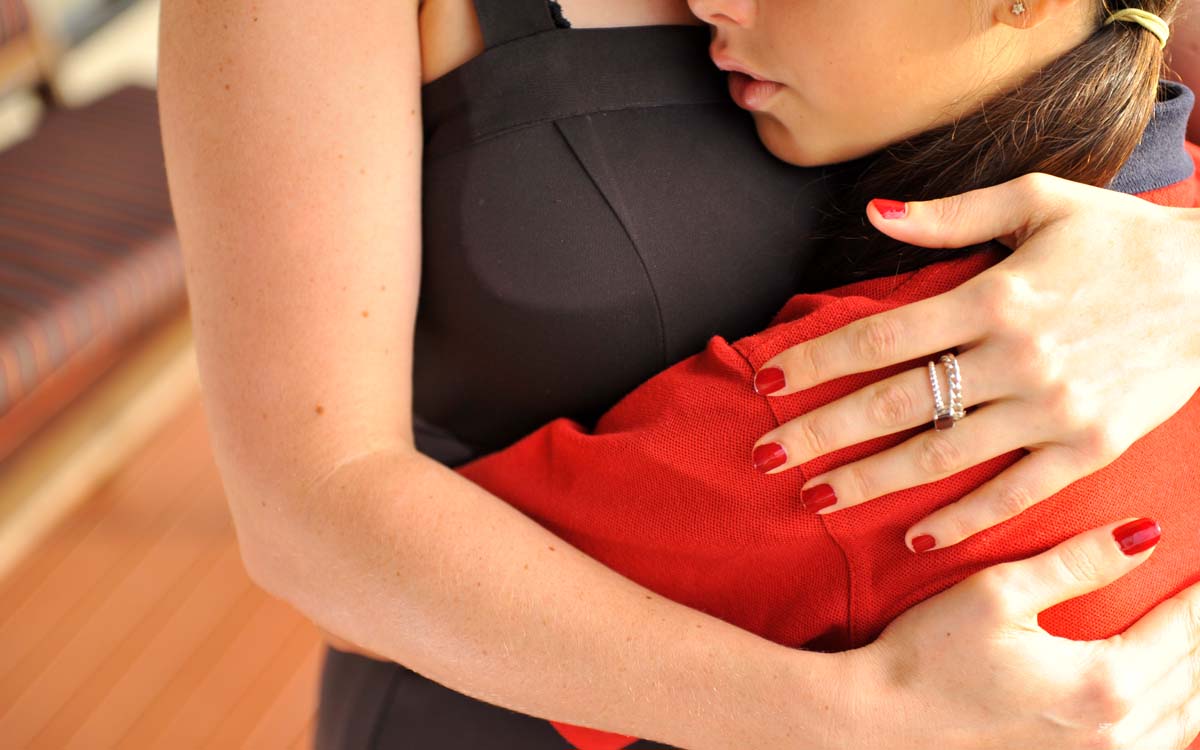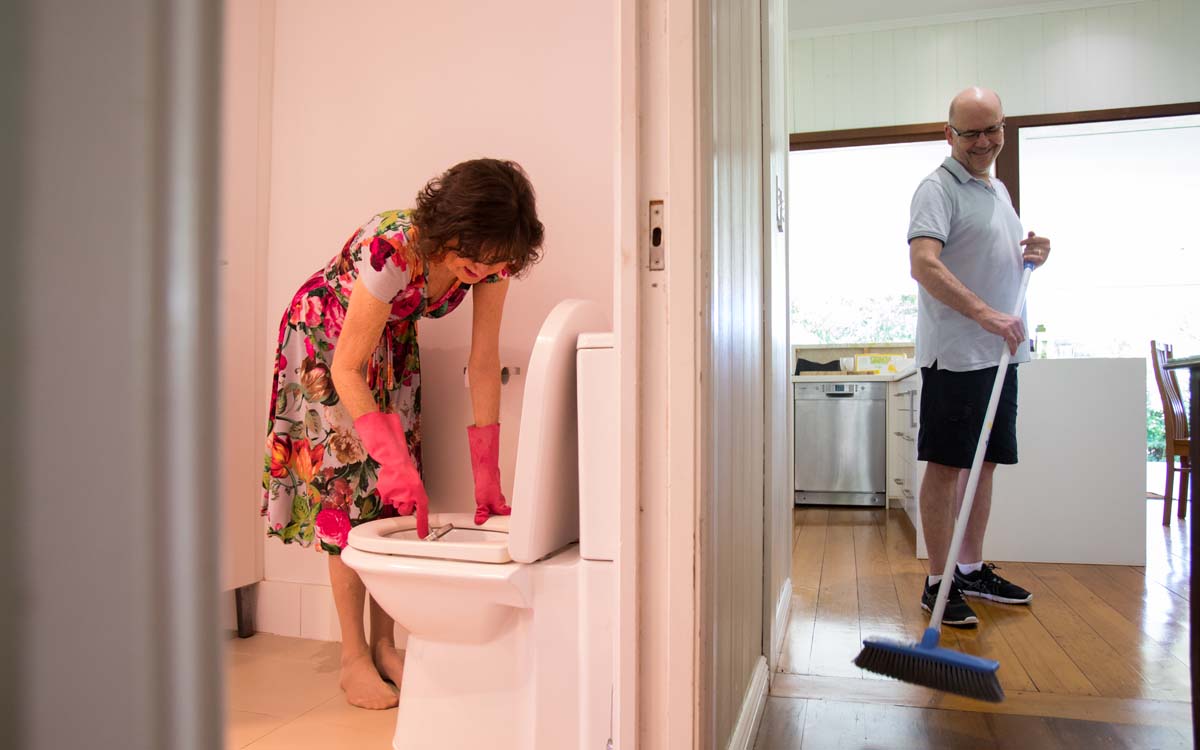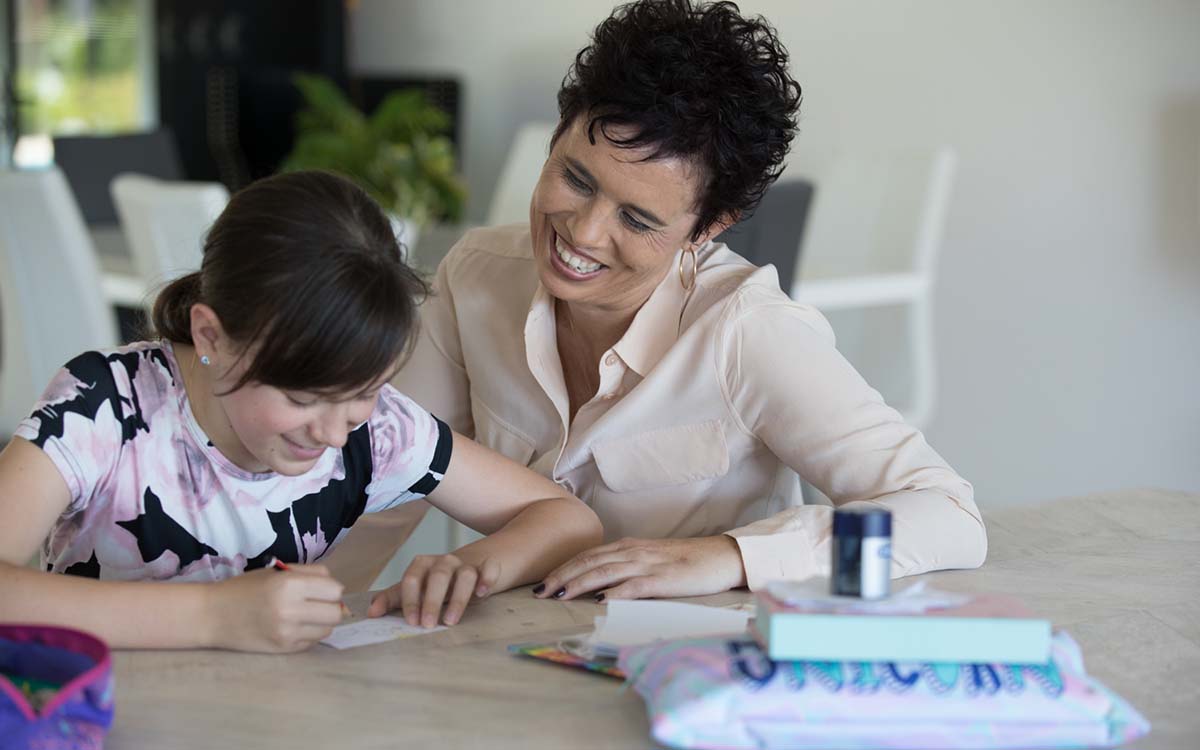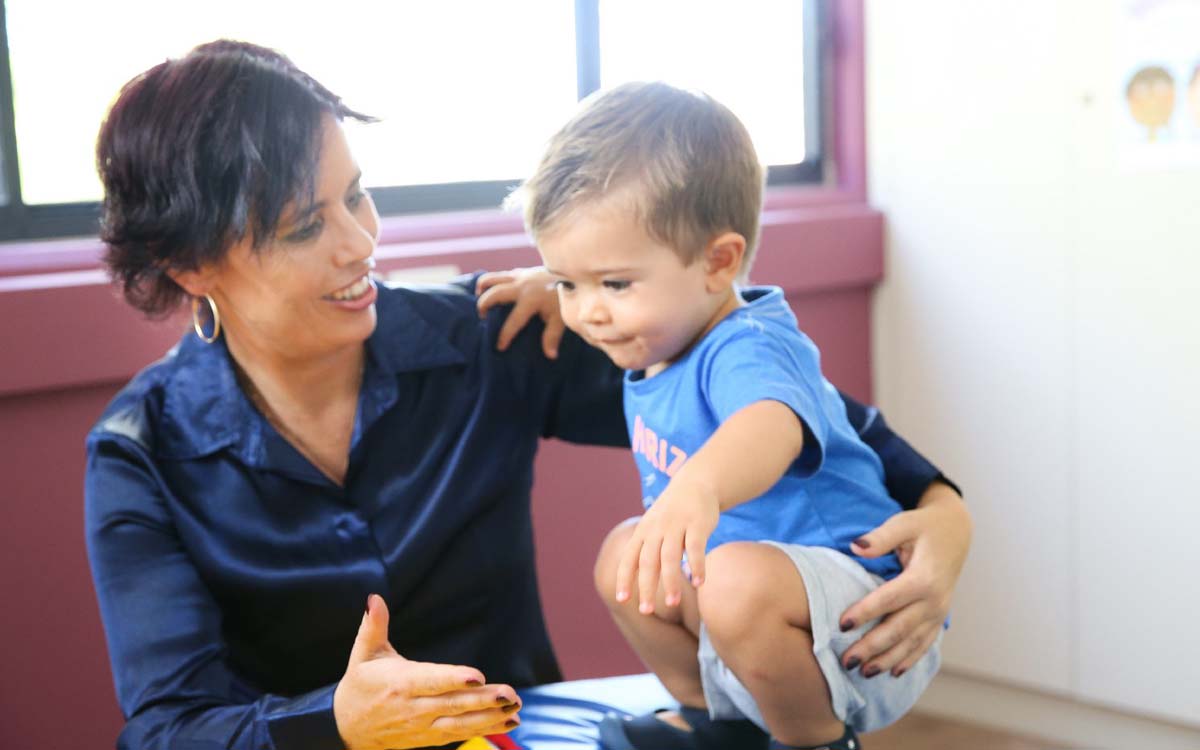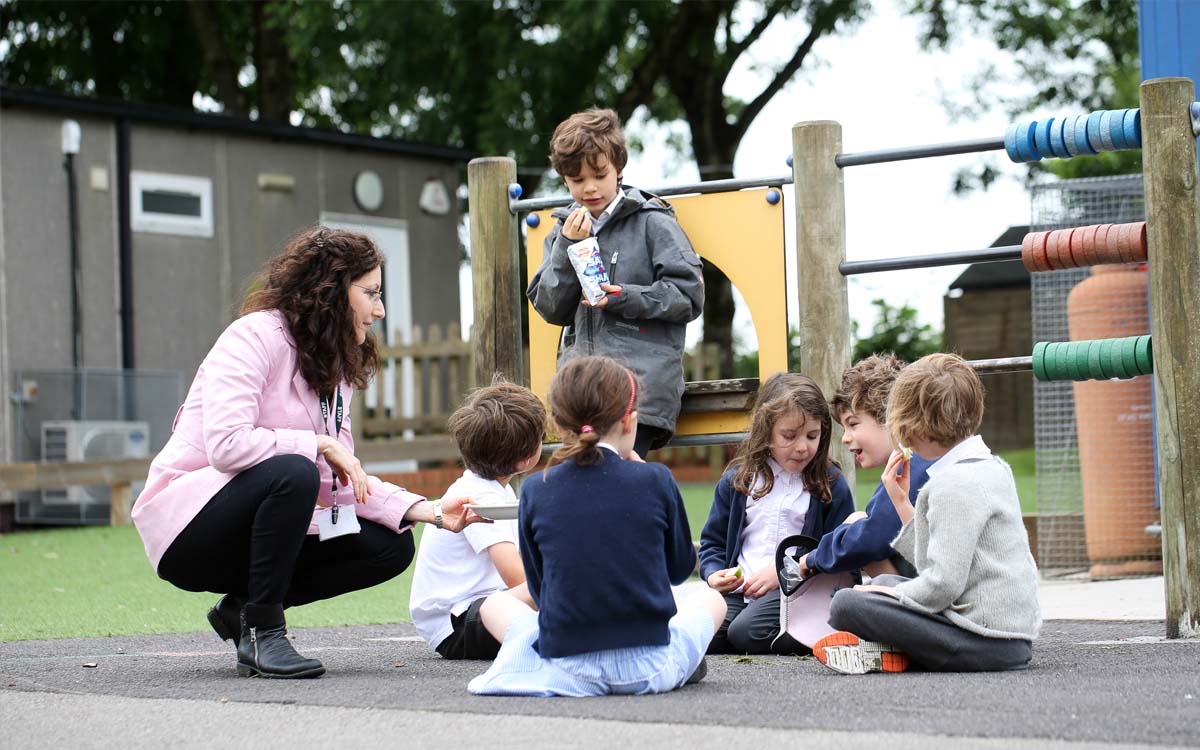Learning is often associated with the traditional classroom, school and education facilities. But learning goes far beyond the classroom.
Think about this. What if every moment in life is an opportunity to learn and thus every movement of every day we are in the classroom of life?
It is an irrefutable fact that every day we all wake up to our life-classroom filled with a continuous and never-ending supply of lessons, opportunities, challenges and many aspects of life presented and re-presented time and time again ready to be self-mastered … when the willing student says ‘Yes!’ Life really is one massive classroom.
Life presents us with these lessons
- People we find challenging
- Rejection
- Death
- Loss
- Failure
- Difficult moments
- Relationships
- The word ‘no’
- Financial affairs
- Jealousy
- People not doing as we expected
- Our shoulds, wants, expectations, pictures and attachments not happening as we expected them to … our smashed pictures of life
- Feelings and awarenesses we find challenging
- Life lessons
- Tasks we don’t yet know how to do
What if these situations are not as bad as we can make them out to be, rather seen as opportunities or as life lessons one is yet to self-master?
As individuals, we are the same in that we all have parts of life we have yet to self-master (we are students of life) and we all have parts of life we have already self-mastered (we are also teachers of life).
Is it possible that many behaviour challenges, relationship issues, feelings of anxiety, mental wellness concerns etc. are a result of us resisting the lessons on offer in our forever classroom of life?
For example
- A person having a tantrum (body) in the shop may not have developed the skills to respond to the word ‘no’ (life)
- A person with depressive behaviours (body) may not have developed the skills to respond to the death of someone close to them (life)
- A person being abusive (body) may not have developed the skills to respond to rejection (life)
- A school student ripping their page up (body) may not have developed the skills to respond to making a mistake (life) or receiving a correction (life)
- A person calling another a cheater (body) may not have developed the skills to respond to losing (life)
- A person attacking another (body) may not have developed the skills to respond to judgment from others (life)
The commonality amongst these examples (of a seemingly endless list) is that the body reacts when there is a part of life the person perceives they have not yet developed the skills to respond to. Thus, lasting behaviour change will occur when a person has learnt, developed and implemented the required skills to respond to what life is presenting.
Life offers us many titles — mother, father, CEO, cleaner, accountant, specialist, swimmer etc.; however, titles do not come close to describing our true roles. Title, age, gender, height, culture, societal status, qualification, background, religious orientation etc. do not matter.
As a Forever Student of life, when our body reacts, even in the slightest way, we simply ask from an inquisitive and non-judgmental approach: “I wonder what skills I need to learn and develop so I can respond to this part of life and no longer react to it?”
A Forever Teacher of life will observe another person’s reaction, even the slightest of reactions, and ask from the same inquisitive and non-judgmental approach: “I wonder what skills the other person needs to learn and develop so they can respond to this part of life and no longer react to it?” and “If I have developed those skills then I know I have a skill to teach when a willing student appears (in their timing, not my timing).”
These steps remain a continual cycle, as life will never stop presenting lessons for us all to learn and teach, hence we are forever students and forever teachers of life.
This article was originally published in the July 2017 Edition of Haven Magazine.

